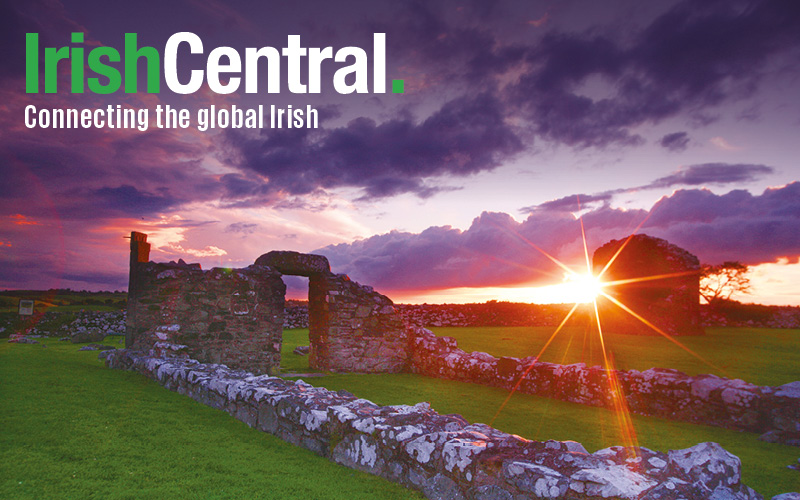For decades after the Great Hunger scholars in Ireland rarely examined the catastrophe in terms of its enduring effect on the psychology or the spirit of the Irish people.
Instead, they talked about what they could countenance: the numbers dead, the numbers emigrated, the legacy of colonial exploitation, the shocking inadequacy of the political response.
They did this because faced with horror on such an epic scale the mind blanks, it reaches for some kind of apparatus, it tries to contain the uncontainable.
It took almost a century and a half before Irish scholars and artists began to really unpack the spiritual inheritance of what was, after all, the greatest social disaster of the 19th century in Europe.
Knowing this, knowing how long it can take for a culture to contend with an crisis of this magnitude, can you blame the citizens of Northern Ireland if they still find themselves whistling past their own graveyards now?
They know better than most how the dead can unwittingly inspire thoughts of revenge in the living. They know what can happen when the past shapes the contours of the present and the future.
It can happen that people who have experienced great trauma can shut down completely, they can become reflexively conservative, they can tune out the distracting claims of the world just to continue to put one foot in front of the other.
They can’t be blamed for this. Living can be a murderous business; it can require faithlessness as much as faith.
But how do you act when every path ahead of you seems to lead toward a new crisis? How do you act when you fear every outcome?
It’s possible that post traumatic stress (PTSD) is such a constant in Northern Irish life now that it may go unnoticed. One of the hallmarks of post traumatic stress is an intense foreboding about the future, even an inability to imagine one.
Instead sufferers live their lives anticipating the next calamity – and it’s no secret that the Irish, north and south, have lived like this in one way or another for decades. It’s our national wallpaper really. In fact it goes much deeper into our national character.
In Northern Ireland the peace process is in trouble, the northern assembly is in trouble, the working pacts between the political parties are in trouble. But rather than address the individual symptoms in the body politic, the main party leaders there usually wait until the crisis becomes full blown.
We should probably start asking why this keeps happening to them more often than we do. Nothing merits scrutiny more than than the things that we meekly accept after all.
We elect our political leaders to make hard choices. We elect them to grapple with the issues our societies face. But in Northern Ireland, until relatively recently, leaders were elected to do the opposite.
For decades political leaders there were elected to hold the line, to resist change, to oppose compromise. That was the modus operandi for so long that the main parties didn’t notice their own electorates finally began to change their own approach. You can only spend so long in a cul de sac (dead end).
We’re at a strange moment now when most of the political parties in the North are suddenly years behind their own constituents. That’s new. In recent years polls of nationalists and unionists have shown they support much greater religious integration in their children’s educations, but schools are still overwhelmingly segregated at the most formative point in their young citizens' lives, during childhood and adolescence.
At a crucial time when young people are discovering their own identities they are prevented from referencing any other. How do the North’s political leaders imagine they will remove their constituents' fear of their neighbors if they never actually encounter them?
And what of any meaningful attempts to address greater reconciliation and help heal the fractured past? These opportunities were supposed to have been built into the peace process, but they never really occurred. Instead the respective sides fell back on habit, which is a great deadener.
Fear of the future can be as dangerous and destructive as being enslaved by the past. Failure to act is itself a kind of action. In recent years fear and failure have become familiar traveling companions in the North again. Unless we resist them with a re-energized commitment to peace and real reconciliation, they will bear us back ceaselessly into that troubled past.




Comments